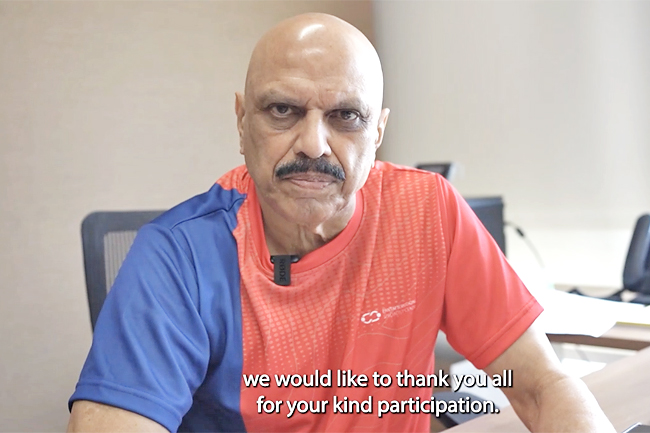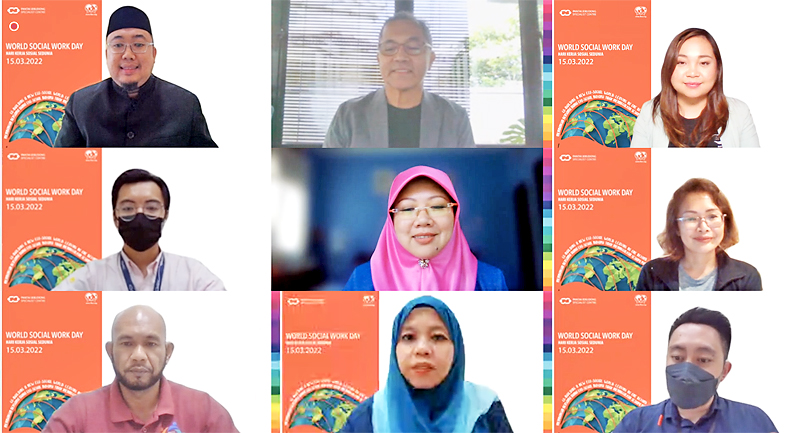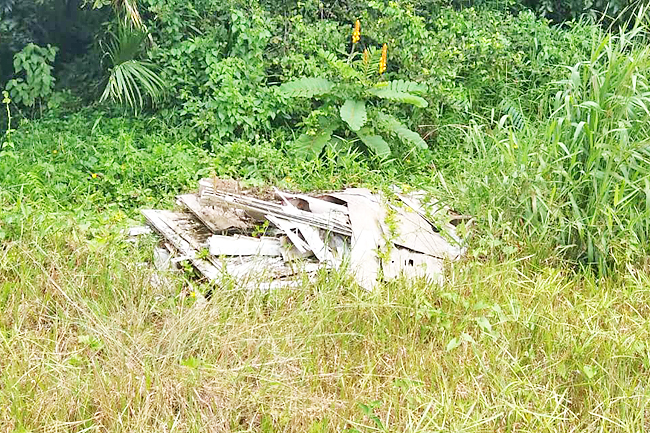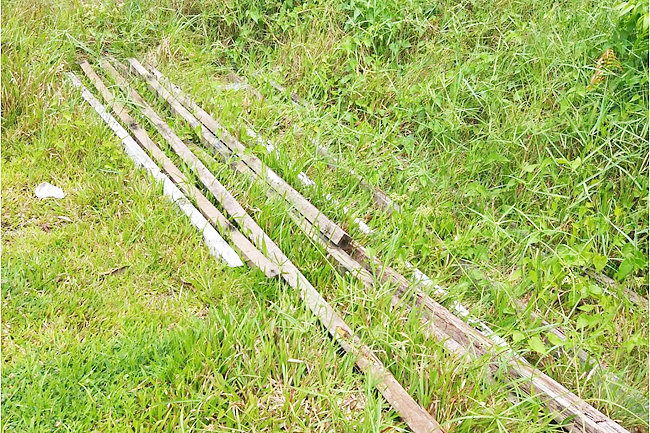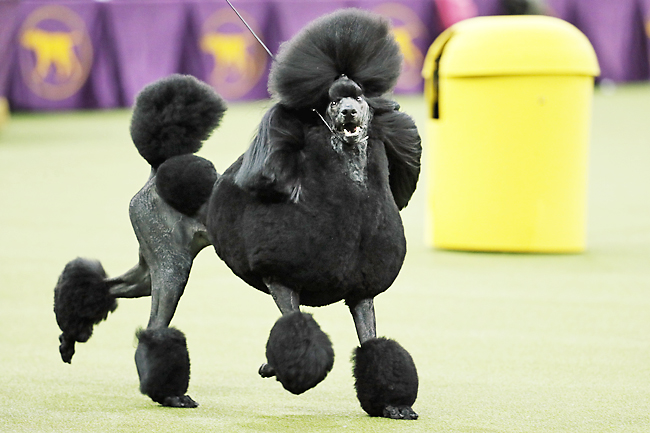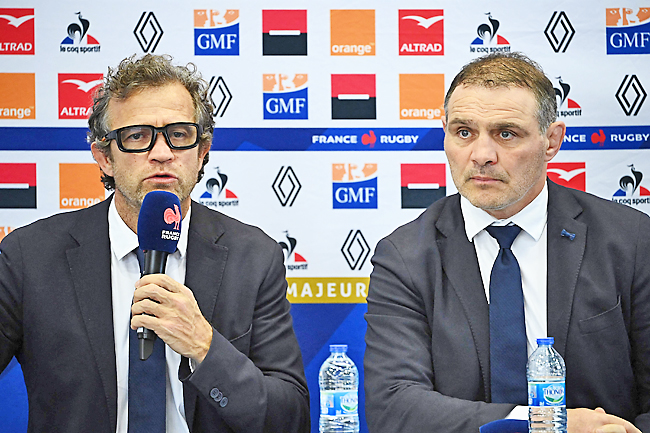BEIJING (AP) – Even as authorities lock down cities in China’s worst outbreak in two years, they are looking for an exit from what has been a successful but onerous COVID-19 prevention strategy.
A study, interviews with Chinese public health staff and recent public messaging by government-affiliated experts indicate that China is exploring ways of slowly easing its zero-tolerance approach – with the emphasis on slowly.
The latest sign came on Monday in an essay published by Zhang Wenhong, an infectious disease specialist who is part of Shanghai’s COVID-19 response team and known as China’s “Dr Fauci” – after United States (US) government expert Anthony Fauci – for his public health messaging during the pandemic.
Zhang wrote in the Chinese business news outlet Caixin that the public needs to know the virus is becoming less deadly if people are vaccinated and their health isn’t already compromised. “Dispelling the terror toward it is a step we must take,” the essay said.
“We should carve a very clear path and not spend all our time debating whether we should continue zero COVID or coexist (with the virus),” Zhang wrote.
Change does not appear imminent, with more than 15,000 new cases this month in multiple outbreaks across the country, as well as an even larger one that has shaken Hong Kong. For now, the government is sticking with the tried-and-true policy of lockdowns, repeated mass testing of millions of people and a two-week or more quarantine for overseas arrivals.
When it does come, any change will all but certainly be gradual and cautious. Opening up carries risks, because the country’s success in protecting people from COVID-19 means many don’t have antibodies to fight the virus from previous infection. Moreover, China is using only domestically developed vaccines that are less effective than Pfizer’s and other widely used ones.
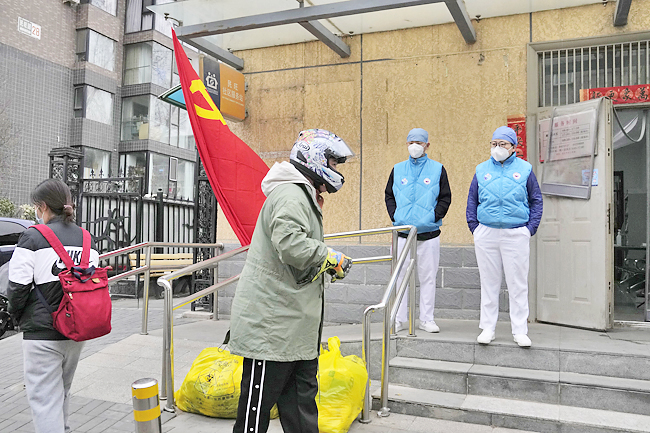
“Given the still relatively low infection rate, the lack of the natural immunity and also the ineffectiveness of the vaccines in preventing infections, … this is guaranteed to invite another wave of attack,” said public health expert at the Council on Foreign Relations in the US Yanzhong Huang.
Chinese officials are paying close attention, though, as other countries relax mask mandates and other restrictions, and investigating just when and how to make the tricky transition. On Thursday, Chinese President Xi Jinping acknowledged the toll of the stringent measures, saying China should seek “maximum effect” with “minimum cost” in controlling the virus, the official Xinhua news agency reported.
A first step could be allowing more international flights – which have been sharply curbed since the pandemic – and reducing the quarantine for arriving passengers to one week from as many as 21 days in cities such as Beijing.
A weekly bulletin of news and research from China’s Center for Disease Control published a paper last week outlining potential ways to ease the zero-COVID policy.
The paper suggested reducing the mandatory quarantine for incoming travellers to seven days, saying it would still screen out most cases as the virus can be detected more quickly now, and that China’s health system is robust enough to handle any that slip through the cracks.
The authors make clear that eliminating all measures such as quarantines for all arrivals is not on the table. Their models show that a total easing of restrictions could lead to over 10 million cases in southeastern Guangdong province alone, though that’s based on the Delta variant, and not the more transmissible Omicron that has become predominant.
A government researcher, who spoke on condition of anonymity because they were not authorised to speak publicly, said that the evidence points to a “suppression strategy” as the next transition point. That means a seven-day quarantine, for example, rather than an unrestricted opening up.
Public health experts caution that the discussion of easing “zero-COVID” has been sporadic and preliminary, and that no timeline has been set.
“It’s a concept paper, not really a detailed plan,” said epidemiologist at the University of Hong Kong Ben Cowling. He added he had yet to hear of any coordinated government movement toward easing restrictions, “just single experts from time to time raising the idea.”
Huang at the Council on Foreign Relations said he had heard of discussions about “pivoting away” from zero-COVID several months ago, but that the recent wave in Hong Kong has led policymakers to wait until “the dust settles.”


